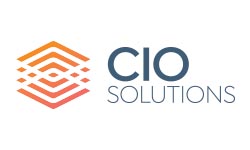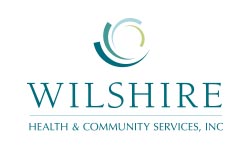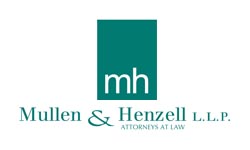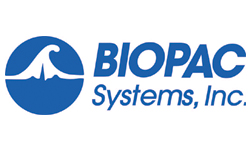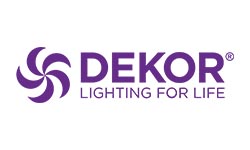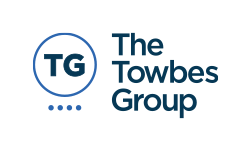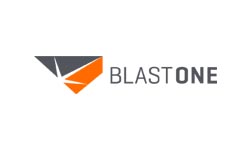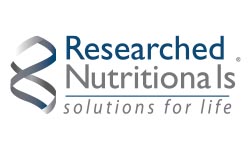Best Security Practices for WooCommerce Websites
When running an online store with WooCommerce, security isn’t just important — it’s essential. Customers trust you with sensitive information like personal details and payment data, and any breach can quickly damage your reputation and your bottom line.
At NDIC, we specialize in designing, developing, and hosting WooCommerce websites. We know that good security is about layered protection: combining smart technology with best practices to keep your site, your customers, and your business safe.
Here’s a practical guide to the best security practices you should implement to protect your WooCommerce website.
1. Always Keep WordPress, WooCommerce, and Plugins Updated
One of the most basic — yet most critical — steps in securing your WooCommerce store is keeping everything up to date.
- WordPress core releases regular updates that patch known vulnerabilities.
- WooCommerce also pushes out security and compatibility updates.
- Plugins and themes are often targets for attacks if they are outdated.
At NDIC, we help our hosting clients stay on top of these updates, minimizing the risk of leaving security holes open. An outdated site is like an open invitation to hackers.
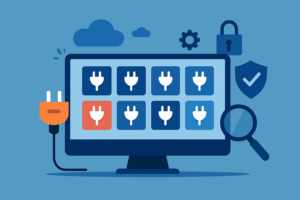
2. Choose Trusted Plugins and Themes Only
Not all plugins and themes are created equal. Some are poorly coded or no longer actively maintained, which can introduce vulnerabilities to your site.
Best practices include:
- Only using plugins/themes from reputable sources.
- Checking the number of active installs and reviews.
- Ensuring recent updates and compatibility with your version of WordPress/WooCommerce.
- Avoiding “nulled” or pirated plugins, which often contain hidden malware.
When NDIC develops a WooCommerce site, we carefully vet every plugin we recommend to ensure it meets security and quality standards. We can also do a Plugin Reliability Review to sites built outside of our organization, this allows us to identify any vulnerable plugins that we might need to remove and/or replace. And since technology is our thing, we could even create a custom programming solution tailored to your business.
3. Use Secure, High-Quality Hosting
Your hosting environment is your foundation. A poorly secured server can undo even the best in-site security measures.
When hosting WooCommerce sites, we recommend:
- A hosting provider that specializes in WordPress/WooCommerce optimization.
- Features like SSL certificates, firewalls, malware scanning, and daily backups.
- Isolation between accounts (especially important in shared hosting).
At NDIC, we offer managed hosting solutions designed with eCommerce security in mind — giving your store a strong, secure starting point.

4. Enable SSL (HTTPS) Across the Entire Site
SSL (Secure Socket Layer) certificates encrypt data transmitted between your website and your customers, protecting sensitive information like login details and credit card numbers.
WooCommerce best practices include:
- Enabling HTTPS across the entire site (not just checkout pages).
- Automatically redirecting all traffic from HTTP to HTTPS.
- In addition to providing security, HTTPS is a Google ranking factor, helping improve your store’s visibility in search results.
NDIC ensures SSL is properly set up and maintained for all our WooCommerce hosting clients.
5. Implement Strong Password Policies
Weak passwords are a common entry point for attackers. A single compromised admin account can have disastrous consequences.
Best practices:
- Require strong passwords for all user roles, especially Administrators and Shop Managers.
- Limit login attempts to prevent brute-force attacks.
- Encourage two-factor authentication (2FA) for admin accounts.
You can easily enforce strong passwords and add extra layers of protection with trusted security plugins. If you need any suggestions, feel free to reach out, we’ll be happy to guide you.
6. Regularly Back Up Your Website
Even the most secure site can encounter problems. That’s why regular backups are a non-negotiable part of WooCommerce security.
Good backup practices include:
- Automating daily backups.
- Storing backups in an off-site location (not just on your hosting server).
- Being able to quickly restore your store if something goes wrong. This is where having a managed WP hosting team comes in handy, we’ll take of it so you can focus on your business.
At NDIC, we provide reliable backup solutions so that even in the event of an issue, your WooCommerce store can be restored quickly with minimal disruption.
7. Monitor Site Activity and Security Logs
Monitoring what’s happening on your site can help catch suspicious behavior before it becomes a serious problem.
Security monitoring tools can:
- Alert you to failed login attempts.
- Track changes to core files.
- Detect unusual spikes in traffic or admin activity.
Installing a reputable security plugin and setting up alerts can give you early warning signs that your WooCommerce site needs attention.
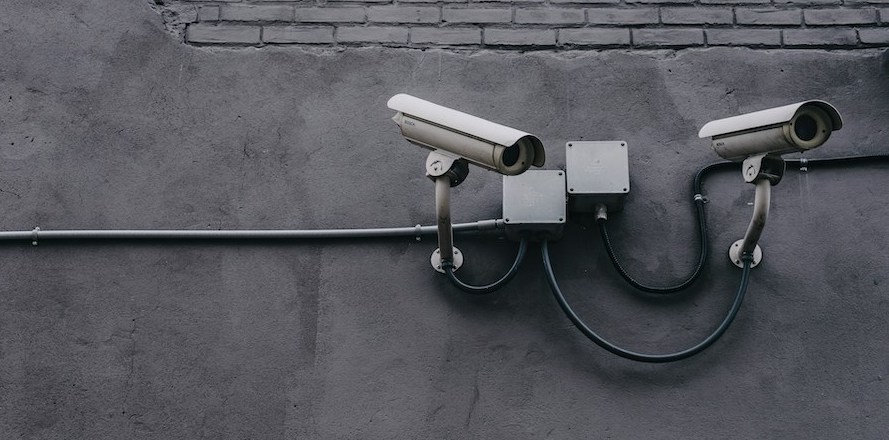
8. Limit User Permissions
Not every user needs access to everything. WooCommerce roles like Customer, Shop Manager, and Administrator exist for a reason — use them wisely.
Best practices:
- Assign the minimum level of access needed for users to do their jobs.
- Regularly audit user accounts and remove unused ones.
- Change admin passwords when team members leave.
By limiting permissions, you reduce the risk of accidental changes — or malicious actions.
9. Protect Your Payment Gateway
Finally, ensure that your WooCommerce store’s payment gateway is securely integrated.
- Only use trusted payment providers like Stripe, PayPal, or Authorize.net.
- Keep your payment plugin updated.
- Monitor transactions for suspicious activity.
Secure payment processing builds trust with your customers and protects your store from financial fraud.

Final Thoughts: Security Is an Ongoing Commitment
WooCommerce security isn’t something you do once — it’s an ongoing process that protects your business, your customers, and your brand reputation.
At NDIC, we’re committed to helping our clients build, secure, and grow their WooCommerce websites through smart design, reliable development, and secure hosting.
If you’d like a security review of your WooCommerce site or help implementing best practices, contact our team today. We’re here to help your business stay safe and successful online.






